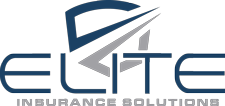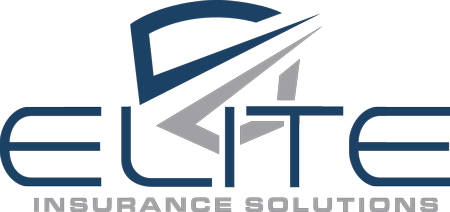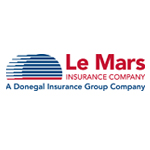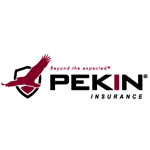Auto insurance is designed to protect you if you’re injured or your property is damaged in an accident. It also helps protect you from financial loss if you accidentally harm someone else or their property.
How does auto insurance work?
Once you sign up for an insurance policy, you’ll pay your insurer a specified amount (premium) in exchange for their financial protection. Your premium cost will depend on the types and amount of coverage you choose. Most auto policies last six months or a year before needing to be renewed.
Let’s say you collide with another vehicle and have to file a claim with your insurance company to cover your losses (for damage or injury). Your insurance company will charge you a deductible—the amount you’ve agreed to pay before your insurance kicks in—and then cover the rest of your expenses, as defined by your policy.
What does auto insurance cover?
In Iowa, drivers are required to carry liability insurance. If you finance or lease your car, your lender may have additional requirements. Liability protects you if you cause an accident and the other party involved is hurt or their vehicle is damaged.
Bodily injury liability covers medical costs for the other party. Property damage liability covers expenses to repair someone else’s damaged property. It doesn’t, however, cover your injuries or damage to your vehicle. For that, you need additional coverage.
Comprehensive coverage protects you from events outside of your control, such as hitting an animal on the road, theft, vandalism, or severe weather.
Collision coverage helps pay for damage to your vehicle if you collide with another car or object, regardless of who caused the accident.
Full coverage includes both comprehensive and collision. Talk to your agent about how lowering your liability limits or raising your deductible might help make full coverage more affordable.
Medical coverage will pay for any of your (or your passengers’) medical expenses that result from an accident.
If you get into an accident caused by a driver lacking sufficient coverage, uninsured or underinsured motorist coverage can help you cover expenses.
Should I have full coverage or liability only for an older vehicle?
That depends. If you get into an accident and your car is damaged, would it be worth it to you to fix it? If you have an old vehicle that you don’t want to put any more money into, you could probably get away with dropping comprehensive and collision insurance.
If you know you couldn’t afford to deal with the loss and buy another vehicle or pay for the repairs yourself, you may want to stick with more coverage.
What factors affect my auto insurance premium?
- Age (both yours and your car’s)
- Vehicle
- Vehicle use
- Geographical location
- Driving record
- Claims history
- Driving experience
- Gender
- Marital status
- Location
- Credit score
- Mileage
- Amount of coverage
- Limits and deductibles
- Insurance carrier
- Discounts applied
Are there any discounts available to me?
Ask your insurance agent what specific discounts your carrier offers and which ones apply to you. Typical discounts include safe driver, defensive driver, multi-car or multi-policy (save by bundling home and auto), student, pay-in-full, paperless, usage, low mileage, anti-theft, new car, and loyalty discounts.
- First, we’ll contact you to gather the basics: who you are and what you’re looking for.
- Next, we’ll set up a Discovery Meeting—over the phone, via video, or in person—where we’ll get to know you better. We’ll ask about your goals and the assets you’d like to protect, so we have a good idea of where to pull the best quotes.
- After that meeting, we’ll do some research to gather everything we need to put together a great proposal for you.
- We’ll send you your proposal, likely through email, presenting the information to you in a video format.
- If you’re happy with what you see, we’ll be in business!










